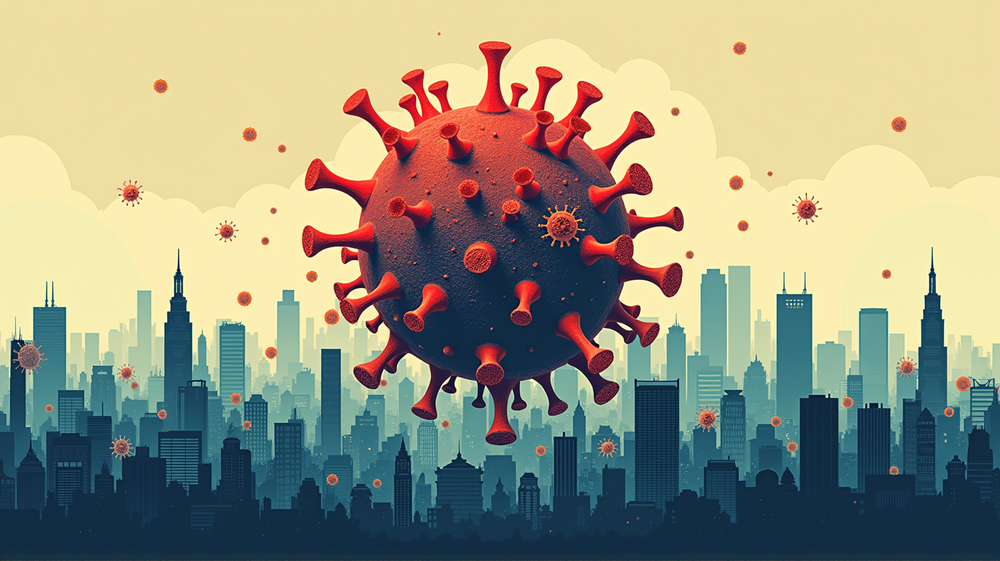In what has marked the most significant resurgence of measles since 2019, the United States has confirmed over 480 cases across 19 states. This spike in measles cases has sparked concern across the nation, prompting both public awareness and government response. According to New Scientist, health officials are urging the public to step up vaccination efforts to curb the outbreak.
The States Hit Hardest
As of late March, Ohio joined 18 other states confirming measles cases, with Texas leading the charge with a staggering 400 cases. Other affected states include New Mexico, Oklahoma, and Kansas, each declaring forces against this highly contagious virus. While some states confirm only isolated cases, several have declared their situations as active outbreaks, indicating the necessity for immediate intervention.
Escalating Health Concerns
The situation has escalated with 70 hospitalizations and even one tragic death in Texas. Measles poses severe risks, especially to children, as they are more susceptible to complications. The infection often leads to pneumonia or, in rare cases, encephalitis, making herd immunity objectives even more critical.
Unraveling the Cause
This upsurge of measles highlights the thin line between eradication and resurgence. Experts attribute the outbreaks to declining vaccination rates, noting that below-optimal immunization thresholds fail to achieve herd immunity. The measles virus, known for its contagious efficiency, finds ample opportunity to circulate when community vaccination rates dip below 95%.
Community’s Role in Defense
Authorities strongly advocate for vaccinations as the principal defense against measles. Public health officials, including Bruce Vanderhoff of the Ohio Department of Public Health, emphasize the high efficacy of the measles, mumps, and rubella (MMR) vaccine. However, despite professional recommendations, the debate on vaccination remains prevalent, underscoring the individual’s influence on public health dynamics.
Key Takeaways
The resurgence of measles in the US serves as a vivid reminder of the importance of maintaining high vaccination coverage. This eruption not only threatens individual health but also underscores a critical moment for community responsibility and action. Proactive steps, including widespread vaccination and informed public discussions, are vital measures to halt the transmission and prevent future outbreaks.












